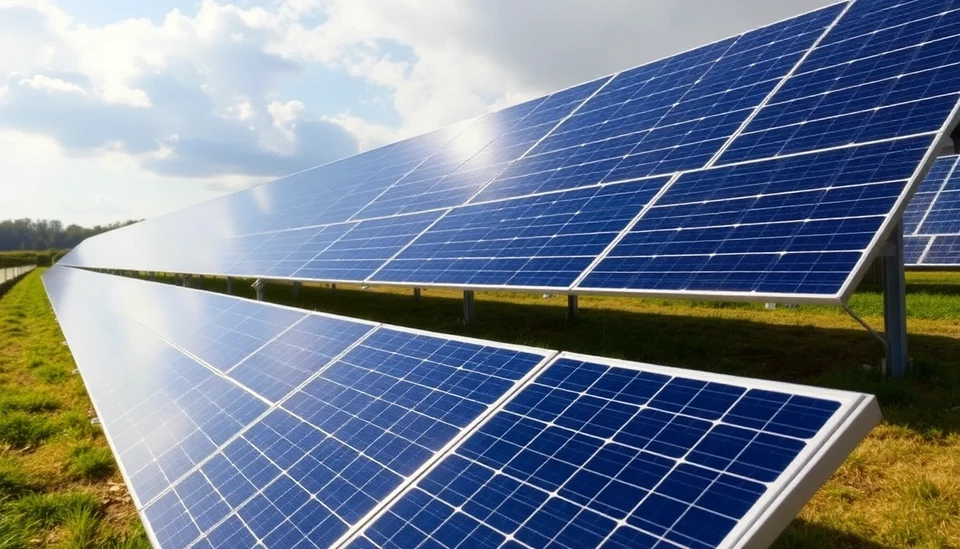
In a groundbreaking initiative aimed at managing energy consumption effectively, UK households will soon have the opportunity to receive monetary compensation for voluntarily reducing their electricity usage during peak demand periods. This innovative policy is set to roll out as part of the UK government's broader strategy to enhance energy efficiency and drive down carbon emissions amidst mounting pressures on the national grid.
The program, which is both a response to escalating energy prices and a proactive measure towards sustainability, encourages consumers to shift their electricity usage habits. Households participating in this initiative will be compensated to abstain from using power-intensive appliances during times when demand typically surges, such as early evenings and during extreme weather conditions.
Under this scheme, households will join a growing number of participants in load reduction programs that allow grid operators to incentivize users. The more consumers who participate, the greater the impact on stabilizing the grid and mitigating the likelihood of power shortages or outages. Energy suppliers will play a crucial role in coordinating these efforts, ensuring their customers are informed about when peak times occur and how they can offset usage without sacrificing comfort.
This development comes as the UK faces increasing energy demands due to factors such as the transition to electric vehicles and the rising popularity of electric heating solutions. Additionally, the government aims to transition to a more sustainable energy model and reduce dependency on fossil fuels, thus bolstering the national commitment to achieving net-zero carbon emissions by 2050.
Experts believe this approach could fundamentally change consumer behavior regarding energy usage. By financially incentivizing off-peak energy consumption, households are encouraged to become more conscientious about their energy habits. As this initiative gains traction, it is expected to not only alleviate pressure on the grid but also promote a culture of energy conservation, ultimately promoting a greener future.
Administrative officials have highlighted the varied benefits of this program, asserting that it could lead to significant cost savings for consumers, as well as a reduction in energy bills long term. Participants will be able to monitor their usage and engage with real-time data, making informed decisions that suit both their lifestyle and the grid's needs.
As the details surrounding this payment program unfold, stakeholders from various sectors, including environmental advocacy groups, industry leaders, and consumer representatives, will monitor its implementation closely. The success of this project could serve as a model for similar initiatives worldwide, showcasing the potential for monetary incentives to drive behavioral change in energy consumption.
In summary, the UK’s initiative to compensate households for reducing peak-time electricity usage marks a significant step towards a sustainable energy future, underscoring the importance of collective efforts in addressing climate change and developing resilient energy systems in the face of growing consumer demands.
#UKEnergy #Sustainability #Electricity #EnergyEfficiency #CarbonReduction #ClimateChange #SmartGrid #RenewableEnergy
Author: John Harris




